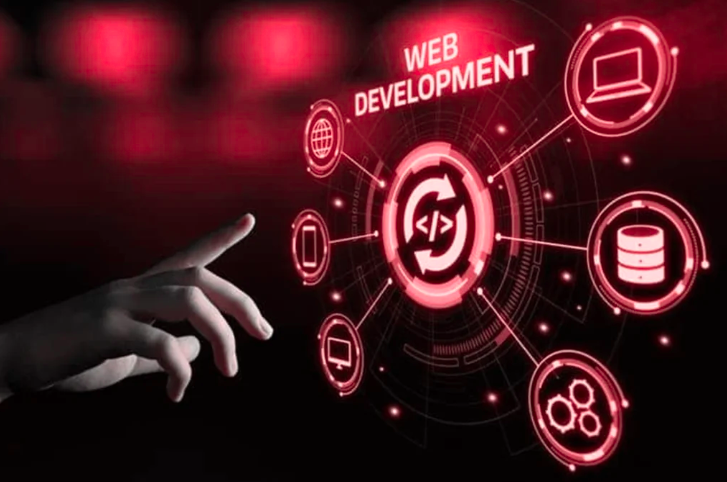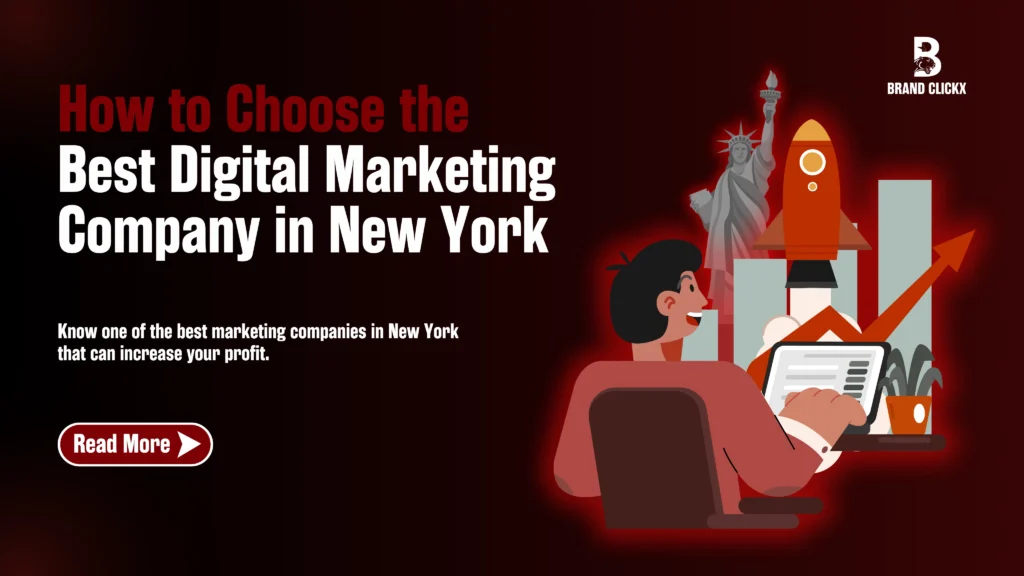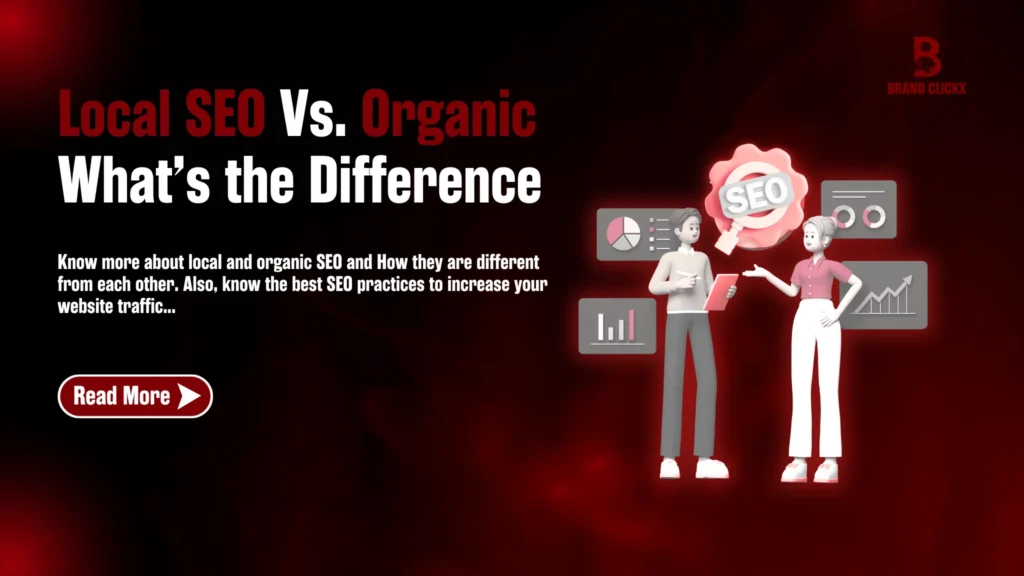INTRODUCTION
Selecting the right platform for your website is one of the most critical decisions
Selecting the right platform for your website is one of the most critical decisions for any business entering or growing in the digital space. From SEO to functionality, customization, and future scalability, the platform you choose lays the foundation for your online presence. Businesses that don’t consider these factors early often face performance issues, limited integrations, and higher redevelopment costs down the line.
As a trusted digital partner, BrandClickX simplifies this decision by helping entrepreneurs and organizations compare the most popular website development platforms: WordPress, Shopify, and Wix.
How BrandClickX Helps Businesses Select the Right Platform
Our Consultation First Approach
At BrandClickX, we start by understanding the core needs of your business, including:
- Business type and digital model
- Website goals (sales, traffic, branding, leads)
- Budget and technical resources
- Branding and design preferences
- long term scalability goals
Based on this, we guide you through the pros and cons of the top platforms in the market and recommend the right fit—whether you’re launching an online store, a service based site, or a scalable content hub.
Explore our Website Design & Development Services →
Understanding WordPress: Flexibility and SEO-Driven Development
Why WordPress Is a Preferred Choice
WordPress is the most widely used CMS platform worldwide and is known for its flexibility and vast plugin ecosystem. Its open source nature means that developers have full access to its backend, making it possible to create anything from a simple blog to a fullscale enterprise website.
WordPress is especially powerful for businesses that need a content-driven site with advanced SEO strategies, multiple integrations, and a custom design. With support for thousands of themes and plugins, businesses can personalize their website without compromising on functionality.
Key Features of WordPress
WordPress supports deep customization with tools like Elementor, WPBakery, or custom coded themes. The platform also allows integration with leading SEO tools such as Yoast SEO, Rank Math, and schema markup plugins. Combined with high quality hosting, WordPress offers robust site performance and security when configured properly.
Learn about our Custom WordPress Design Services →
Exploring Shopify: Built for Seamless eCommerce
When Shopify Is the Right Choice
Shopify is a cloud based platform purpose built for online selling. It’s ideal for businesses that prioritize speed to market, reliable product management, secure transactions, and beautiful storefronts. With Shopify, merchants can set up an online store in hours, manage payments, and handle inventory—all without touching code.
Its native integration with shipping solutions, tax calculations, analytics, and hundreds of apps make Shopify an excellent eCommerce engine for small businesses to large D2C brands.
Shopify’s Strength in Online Selling
Shopify offers a clean interface, mobile optimization, and multiple payment options. Its app ecosystem covers everything from upselling to abandoned cart recovery. However, it’s primarily eCommerce focused, so if your business involves heavy blogging or complex content hierarchies, it may not be ideal.
Explore our eCommerce Website Development Services →
Getting to Know Wix: Simplicity and Speed for Beginners
Who Should Consider Wix
Wix is perfect for entrepreneurs, creatives, or small local businesses that want a fast, no code way to get online. Its drag and drop builder makes it possible for nontechnical users to create a modern website within a day. It’s especially suitable for personal portfolios, blogs, event sites, and local service providers.
Wix includes hosting, design templates, and basic SEO features. It offers a decent app market, and websites created on Wix are mobile responsive by default.
Where Wix Falls Short
While Wix is user friendly, it lacks the flexibility and performance capabilities of WordPress or the eCommerce depth of Shopify. Its SEO capabilities are also limited, especially when it comes to advanced schema integration, site speed optimization, and structured blogging.
For businesses that need long term scaling, complex features, or robust marketing integrations, Wix can become limiting.
WordPress vs Shopify vs Wix: A Comparative Overview of Web Design
Ease of Use and Learning Curve
- Wix is the easiest for beginners.
- Shopify strikes a balance with a user-friendly dashboard.
- WordPress requires more technical knowledge but offers more control.
SEO Capabilities
- WordPress leads with advanced plugin support and site structure.
- Shopify is good, especially for product pages and metadata.
- Wix offers basic SEO tools, but lacks depth.
Customization and Flexibility
- WordPress offers full backend and frontend customization.
- Shopify allows moderate design flexibility with some coding.
- Wix is limited to what their editor and apps allow.
eCommerce Readiness
- Shopify is the strongest for online selling.
- WordPress (with WooCommerce) can match Shopify, but needs setup.
- Wix can support small shops, but not ideal for scaling.
Platform Cost and Growth Scalability
How the Pricing Models Compare
WordPress requires a hosting plan, domain, and possibly some paid plugins or premium themes. While the initial cost is low, management requires more effort.
Shopify operates on a subscription basis starting at $39/month. Additional apps, features, and transaction fees can increase the monthly cost, but hosting, security, and updates are all handled.
Wix also uses a subscription model starting around $16/month. It’s affordable and includes hosting, but you may quickly hit functional limitations that require an upgrade.
Which Platform Scales Best?
- WordPress scales best for content rich and multifeatured websites.
- Shopify is excellent for growing eCommerce brands.
- Wix is suited for small scale websites with minimal long term expansion plans.
Platform Use Cases by Business Type
At BrandClickX, we match platform selection with your industry and use case:
- Local service providers and personal brands may find Wix sufficient.
- Retailers and product based businesses thrive on Shopify.
- Content focused websites and agencies benefit most from WordPress.
Each case depends on marketing plans, business models, and expected growth.
SEO and Content Strategy Considerations
From an SEO and marketing perspective, WordPress is the top performer. The ability to install advanced SEO tools, control metadata, add structured schema, and optimize performance gives WordPress a significant edge.
Shopify comes in second with decent out of the box SEO tools and clean URLs, but limited flexibility for advanced content strategies.
Wix trails behind in this regard. It can support title tags and meta descriptions but struggles with technical SEO and control over structured data, canonical tags, and server side performance.
Explore how our SEO Services align with CMS choice →
Mistakes to Avoid When Choosing a Platform
Not Planning for Growth
Many startups opt for the cheapest or easiest platform without considering where they’ll be in 12–24 months. Wix is easy today but may restrict your business later.
Ignoring SEO and Content Needs
If you rely on organic traffic or blogging, Shopify and Wix can become obstacles. WordPress is better equipped for SEO and marketing integration.
Underestimating Maintenance Needs
While Shopify and Wix handle updates automatically, WordPress requires handson care. However, this effort results in better customization, flexibility, and ownership.
Conclusion: Choose the Right CMS with BrandClickX
Deciding between WordPress, Shopify, and Wix isn’t about which is “best” overall—it’s about which is best for your specific business goals.
- Choose WordPress for long term scalability, SEO, and custom development.
- Go with Shopify if you’re focused on selling products online and want an allinone eCommerce solution.
- Opt for Wix if you need a simple, cost effective website quickly and without technical involvement.
At BrandClickX, we don’t just build websites—we build the right ones for your goals. Whether you need a Shopify store, a WordPress powerhouse, or a Wix starter site, our team is ready to deliver.
Book a Consultation with BrandClickX Today →
FAQs: WordPress vs Shopify vs Wix
Which platform is best for SEO?
WordPress offers the most SEO flexibility and tools, making it ideal for content marketing and organic visibility. Shopify is strong for eCommerce SEO, and Wix is limited in SEO control.
Can I switch platforms later?
Yes, but it can be complex. BrandClickX offers safe platform migration services to ensure content, URLs, and SEO value are preserved.
Is Shopify only for online stores?
Shopify is built for selling, so it’s best used for online stores. It can host blogs or landing pages, but lacks the content depth of WordPress.
Which platform is more beginner friendly?
Wix is the easiest for nontechnical users. Shopify is simple for product based sites, and WordPress is more technical but highly powerful.
Does BrandClickX work with all three platforms?
Absolutely. We offer full service website development and support for WordPress, Shopify, and Wix, helping you build the best platform for your business model.



